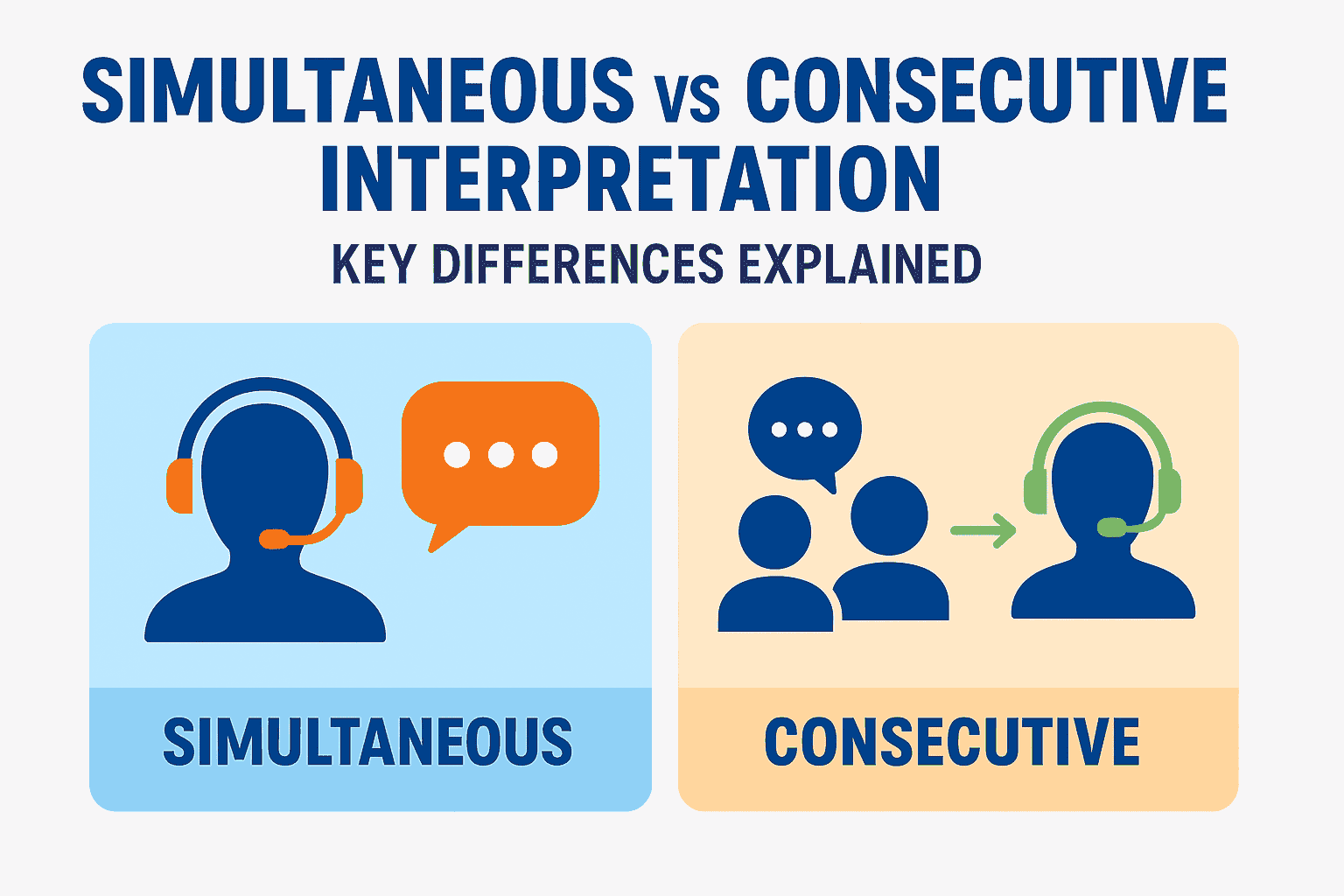
What is Media Localization and How Important Is It?
Are you hooked to new K-Pop Shows? Looking ahead to watch the new Telugu movie even though it is not your first language?
You
as audiences are already seeing the consequences of media localization!
As
media changes around the world, switching from old-fashioned ways of doing
things to more modern ones are necessary to keep up with the progress in
internet technology.
Media
Localization considers cultural sensitivities and linguistic subtleties while
keeping content compatible with new platforms. This step is very important for
making sure that viewers in different parts of the world get content that feels
real and relevant to them.
Read
the article to understand media localization and how important it is.
What is Media Localization?
Media
Localization is the procedure of adapting various kinds of media content for
use in various language and cultural markets. This is much more than mere
translation. It involves a complex process of localizing the material to appear
as if it was created specifically for the target audience.
From video games to big budget movies, popular
TV shows, and websites, localization ensures that the very essence of any
material is preserved in its translation.
Role of Localization in a Global Market
In
our worldwide society, the value of media localization cannot be emphasised too
much. Localization becomes the key that opens new markets and links with
worldwide audiences as content creators and distributors try to new boundaries.
It's
about making material relevant, entertaining, and powerful. In its new market
as much as in its original form, a well-localized piece of media can arouse the
same feelings, humour, and interaction.
Think
of the phenomena whereby Hollywood films become box office hits in China or
Korean dramas find popularity in Western nations. These acts of localization
have brought these shows a great deal of popularity.
Localization
agency modify dialogue, cultural references, and even visual components to make
sure the material speaks to the local audience while preserving the integrity
of the original work.
Media Localization in Education
Media
Localization has effects much beyond only entertainment. It is important for
education since it enables e-learning systems and instructional materials to
reach students from many language backgrounds.
Localised
marketing campaigns and product information enable businesses to properly
interact with a variety of customer bases. Localization guarantees that
important information is faithfully transmitted across cultures even in the
field of international diplomacy and news distribution.
Media Localization as a Cultural Bridge
One
of the most significant effects of media Localization is its contribution to
promote cross-cultural understanding. Audiences can display empathy, and
connection when they encounter stories, ideas, and knowledge from other
civilisations in their own tongue and cultural setting. In this sense, localization
is a great instrument for removing language obstacles and uniting the world.
Economic Impact of Media Localization
With
the worldwide language services market valued at billions of dollars yearly,
the media localization is a major economic player. Investment in media localization
keeps rising as businesses realise the value of reaching audiences all around.
For
content producers and distributors who can now access hitherto unreachable
markets, this not only generates income but also provides jobs for translators,
cultural consultants, and localization experts.
The Challenges in Media Localization
Localization
is an art as much as a science. It calls not only for language proficiency but
also a thorough awareness of local sensibilities, social conventions, and
cultural quirks.
Adapting
idioms, jokes, and cultural appropriate materials devoid of direct equivalents
in the target language presents a difficulty for translators. Here is where
imagination is useful since they must figure out how to use culturally
appropriate language and allusions to transmit the same idea and generate like
responses.
Final Verdict
The
value of media localization is only going to grow as we look ahead. Demand for
high-quality localized content will keep rising as streaming platforms, global
content distribution, and an always more connected world become more common.
Technological
developments as well as changing best practices in cultural adaptation will
help to make localization even more sophisticated and successful in the next
years.
Though
usually behind the scenes, media Localization is a fundamental element in our
modern, worldwide media environment. It promotes the free flow of knowledge,
stories, and ideas across linguistic and cultural boundaries therefore
enhancing our shared experience and perspective of the world.
We
need to recognise the value of media localization that helps us as consumers,
creators, and global citizens to comprehend the intricate processes of bringing
the world's stories to our screens and gadgets.



